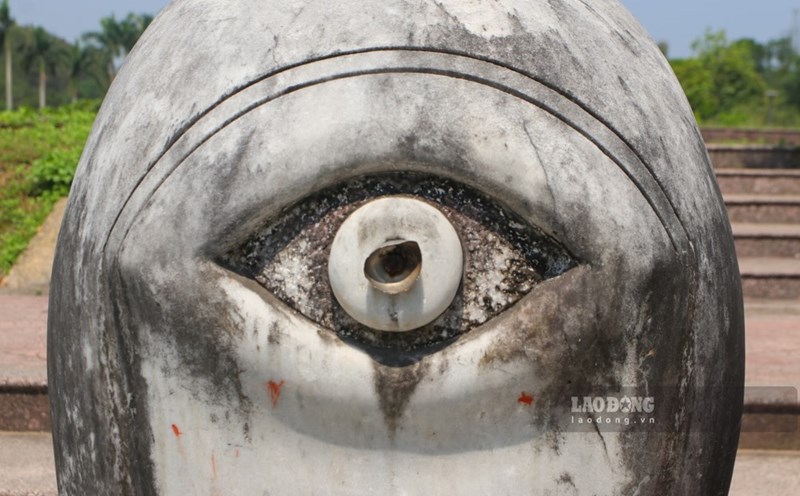According to the World Health Organization (WHO), lack of sleep reduces the ability to reflect, think and make quick decisions. These are all essential skills when driving.
Drivers in a tired state can fall into sleeping moments that last only a few seconds, but it is enough to cause a serious collision while moving at high speed.
A study from the American Institute of Transport shows that drivers who do not sleep after 5pm have a blood alcohol concentration of 0.05%, and after 24 hours of not sleeping, their ability to control is reduced to 0.10%, far exceeding the permitted threshold in many countries.
"We call sleep deprivation driving an alcohol drink without alcohol," said Michael Green, a spokesperson for the National Highway Safety Committee (NSC). Lack of sleep also affects the brain, similar to being drunk, and the consequences are no less tragic."
Dangerous warning signs
Drivers should recognize signs of fatigue before it is too late, including:
- Continuous cramps, blurred vision, difficulty concentrating.
- Can't remember exactly how long I have been.
- Sessioning lanes, reacting slowly to signs.
Feeling restless or unusually irritable.
- Khuckles, loss of ability to hold a stable head pose.
- Unstable heart rate, which can be accompanied by chest discomfort.
Neck and shoulder pain, which requires constant changes in posture.
How to ensure safety?
The best way to prevent accidents is to get enough sleep before driving long distances. If you feel tired, stop and rest. A short 1530 minute sleep or a cup of coffee can also help improve temporary alertness. However, there is no substitute for adequate sleep.
You should share driving on long trips, avoid driving at night, when the body naturally tends to sleepiness.











